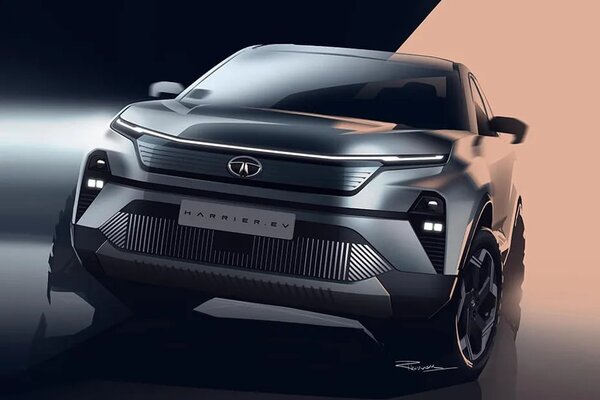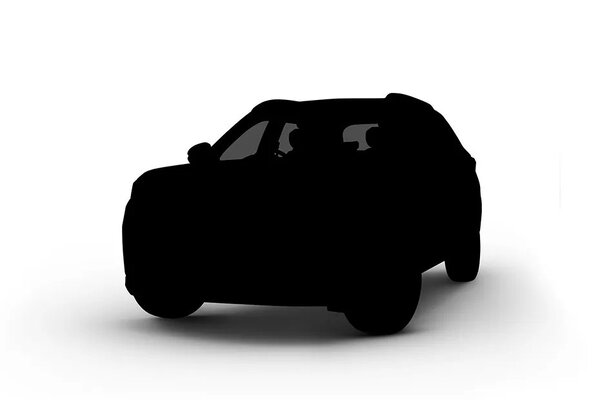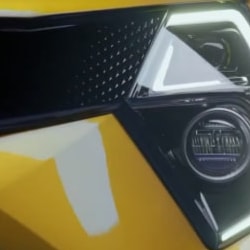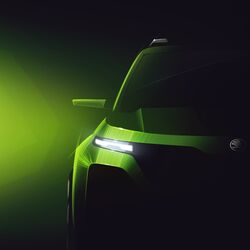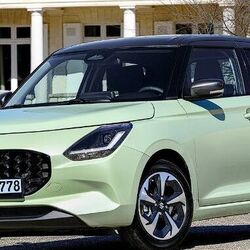Diesel cars vs petrol cars and EVs: Market share, pros and cons explained
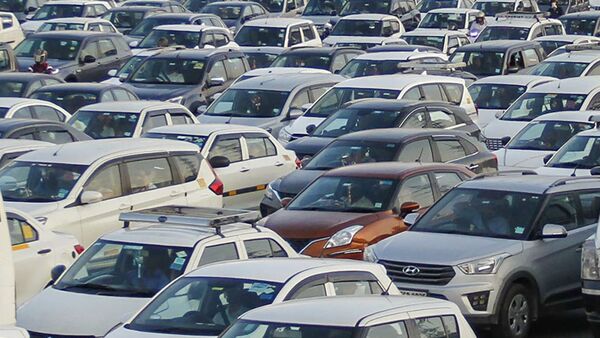

Should diesel cars be phased out in India? It's a question that has been doing rounds since Union Minister Nitin Gadkari remarked that the Centre may think about imposing an additional 10 per cent GST on diesel engine vehicles to reduce pollution in near future. Diesel is currently the go-to fuel for vehicles in India, especially in the public and commercial transport sector. Large SUVs are also mostly powered with diesel. A steep tax hike could hit the production of vehicles powered by diesel engines in future. But is it possible in near future?
Here is a quick look at how diesel vehicles compare to petrol cars and electric cars in terms of market share in India. Also take a look at pros and cons of owning a diesel-powered vehicle. Diesel cars are increasingly losing the advantages it once held with the implementation of stricter emission norms, closing gap in price with petrol as well as restrictions on its life on the road.
Also check these Cars
Market share of diesel vehicles vis-a-vis petrol cars and EVs:
Indians buy around 40 lakh passenger vehicles every year. It is currently the third largest auto market after China and United States. Despite being among the top three, India still has not reached a stage where alternative fuel vehicles like EVs have become mainstream. Diesel remains the highest-selling fuel in the commercial vehicle segment, including cabs, buses and trucks.
In the passenger vehicle segment, diesel has lost its market share from 52 per cent back in 2013-14 to just around 18 per cent this year. Mahindra and Mahindra remains heavily dependent on diesel due to the large SUVs it has in its portfolio. According to JATO Dynamics, Mahindra's diesel cars contribute 47 per cent of its overall sales currently, up from 28 per cent in 2021. Hyundai is second with 15.4 per cent of its sales coming from diesel cars while Kia is placed third with 12.7 per cent. The share of diesel cars in the luxury segment has also climbed to 33 per cent this year from 31 per cent clocked in 2021.
Compared to diesel cars, petrol cars currently contribute around 68 per cent, jumping from 42 per cent in 2014. However, in the luxury segment, carmakers like Mercedes, BMW and Audi have petrol cars contributing 62% of their overall sales currently. Earlier the share was at 68 per cent in 2021. The electric vehicle segment, still at a nascent stage in India, contributes less than three per cent of overall vehicles sold. The Centre aims to increase EV sales to 30 per cent by the end of this decade.
Factors why diesel cars are losing their charm:
Diesel cars come with its share of pros and cons. The fuel costs less than petrol, the only other conventional fuel used in vehicles until alternatives like CNG arrived in the market. It made for a good choice for someone who wanted to save on fuel cost. Not only cost, diesel offers better fuel efficiency too than petrol. It is one of the reasons why large SUVs are usually sold with diesel powertrain. But on the downside, the cost of a diesel car in India is higher compared to a petrol car.
The gap between diesel and petrol prices used to be wider than it is currently. A litre of petrol back in 2014 used to cost ₹71.50 in Delhi against ₹57.28 per litre for diesel. At present, the petrol price in Delhi is ₹96.72 per litre against diesel's ₹89.62 per litre cost. The gap has decreased from ₹14 to ₹7 per litre within nine years.
Fossil fuels like petrol and diesel also cost the Centre's exchequer a massive sum every year. India is one of the top importers of crude oil which is processed to make both the fuel. Nitin Gadkari had said India needs to cut down on the costly import of such fuel which also causes pollution. The Union Minister has been advocating use of alternate fuel like ethanol, biogas among others to reduce dependency on petrol and diesel.
The Centre is constantly revising the emission norms as it aims to reduce carbon footprint. Stricter emission norms have made older engines unusable. Earlier this year, a number of cars including Honda Jazz and WR-V were pulled out as they no longer met new emission guidelines. Carmakers like Maruti think it will become difficult to manufacture diesel vehicles in near future to match strict emission norms.








 64.8 kWh
64.8 kWh 418 Km
418 Km


